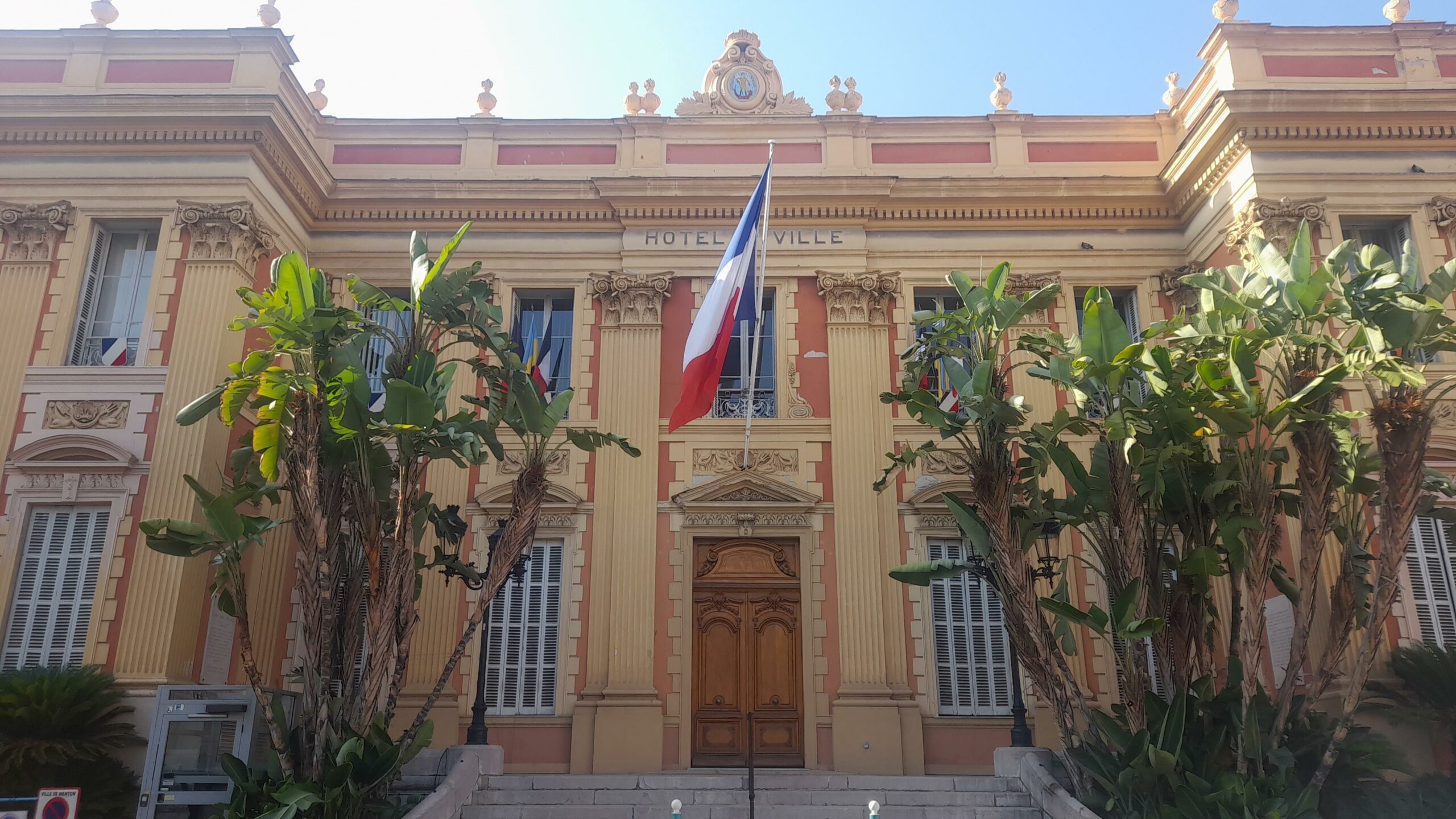In the Netherlands, water law is anchored in the Water Act, the Water Framework Directive (WFD), and various general and specific regulations, ensuring the use, distribution, and quality of both fresh and saltwater. Water boards, the Ministry of Infrastructure and Water Management (Rijkswaterstaat), and provinces issue extraction and discharge permits, set permit conditions, and monitor compliance. Water rights are crucial for industries such as agriculture, food, and chemicals, drinking water companies, greenhouse horticulture, and energy generation. However, when national or international companies, their directors, trustees, supervisors, or government agencies are accused of financial mismanagement, fraud, bribery, money laundering, corruption, or violations of international sanctions, this paralyzes the water chain: permits get delayed, fines and penalties accumulate, and societal and economic continuity is jeopardized. In the next six paragraphs, we will discuss in detail the impact of each of these malpractices on Dutch water law.
Financial Mismanagement
Financial mismanagement within water boards or permitting authorities can lead to underfunding of essential monitoring and enforcement activities. If a water board systematically underestimates its budget for water quality monitoring, level management, or dike maintenance, or diverts resources to other projects, shortages arise, leading to delayed assessments of extraction and discharge permits. This slows down industrial water extractions for cooling systems or irrigation in the agricultural sector, forces companies to apply for temporary exemptions, and pushes investors away. Moreover, it weakens the enforcement of permit conditions for discharges of process water and wastewater, leaving violations unpunished and threatening the water quality in rivers and groundwater. Financiers will demand additional guarantees and risk premiums for future projects, undermining the feasibility of large energy or research facilities.
Fraud
Fraud in water law occurs when inaccurate measurements or falsified water balances are used to meet permit conditions. A consultancy firm or permit holder may secretly report low extraction figures or manipulate chemical analyses to keep discharges below threshold values. Once the Environmental Protection Agency (ILT) or an independent auditor discovers these manipulations—such as through forensic investigation or FOIA requests—the granted permits are often immediately suspended, and a baseline measurement is conducted by an external expert. This leads to the suspension of cooling water extractions for industry, urgent revisions of discharge requirements, and legal proceedings against the permit holder. The reputational damage for involved companies is substantial, while local residents and water boards recoup the additional costs for follow-up investigations through fines and penalty procedures.
Bribery
Bribery in water permit processes occurs when officials or water managers receive kickbacks for easing extraction or discharge conditions, for example, during permit issuance for ballast water discharges or the construction of drinking water pipelines. Bribe money is often disguised as “project management fees” or under-the-table “consultant fees.” When criminal investigations reveal that bribery has taken place, the integrity of the permitting process is completely undermined: all decisions related to the permit are annulled, criminal prosecutions follow, and the water boards or governmental units are placed under external supervision. This leads to years of stagnation of infrastructure-wide water system projects, delayed construction of pumping stations, and the loss of trust from international parties considering investments in Dutch water technology or drinking water infrastructure.
Money Laundering
Money laundering through water law projects occurs when criminal organizations invest illegally obtained profits in large-scale desalination plants, drip irrigation projects, or water distribution services via shell companies. By introducing artificially high investment costs or fictitious maintenance contracts, the origin of funds is assimilated into legitimate water infrastructure. Banks and notaries—bound by the Dutch Anti-Money Laundering and Terrorist Financing Act (Wwft)—must report suspicious transactions, leading to account freezes and suspension of financing. This causes projects to come to an abrupt halt, contractors and suppliers lose payments, and legal claims arise against water boards for failing to detect fraud. The sector suffers from a climate of distrust, which delays the adoption of innovative water technologies and climate adaptation measures.
Corruption
Corruption within water management and permitting reflects a systematic pattern of conflicts of interest. Examples include water board administrations awarding contracts to companies supporting political campaigns or officials demanding compensation in exchange for permitting temporary water extractions. Such practices undermine the principles of good governance and a level playing field for market participants. Once exposed, this often leads to a parliamentary inquiry, a review of all ongoing permits, and committees overseeing water board funds. This results in mass renegotiations of contracts, the suspension of water infrastructure projects, and long-term reputational damage, not only for the involved organizations but also for the Dutch water sector as a whole.
Violation of International Sanctions
In cross-border water projects—such as Rhine navigation, Meuse and Scheldt improvement, or transnational water supply systems—engagement with sanctioned entities or countries can lead to violations of EU or UN sanctions. Granting permits to consortia with parties on sanction lists results in the immediate withdrawal of European subsidies, heavy fines from the Ministry of Finance, and asset freezes. Ongoing water infrastructure and water purification projects come to an abrupt halt, which not only interrupts drinking water supply and navigation but also undermines the credibility of the Netherlands as a reliable partner in cross-border water safety and climate adaptation. International investors withdraw, putting critical upgrades of dikes and water barriers at risk.










